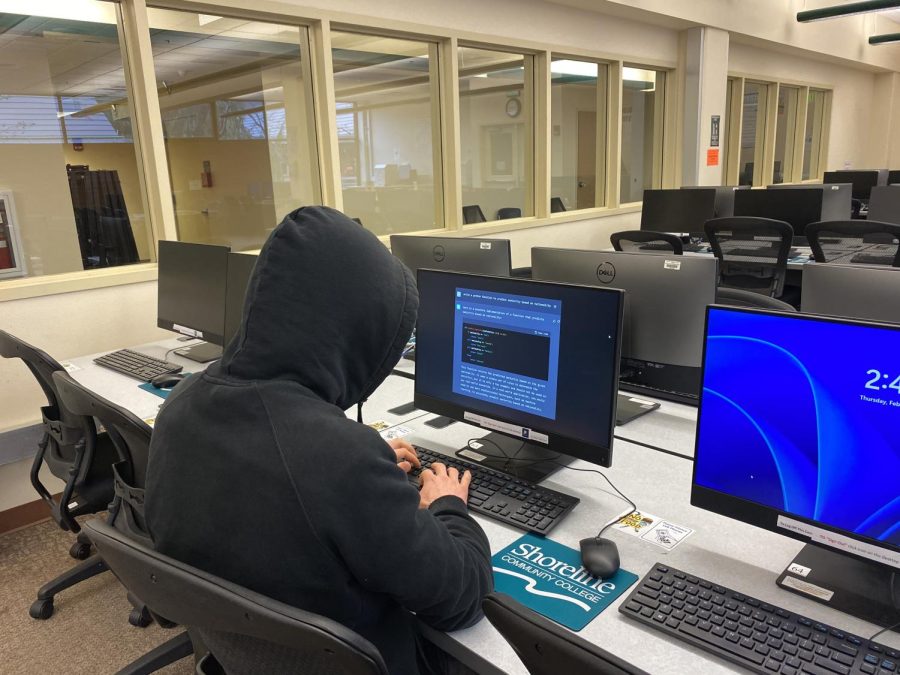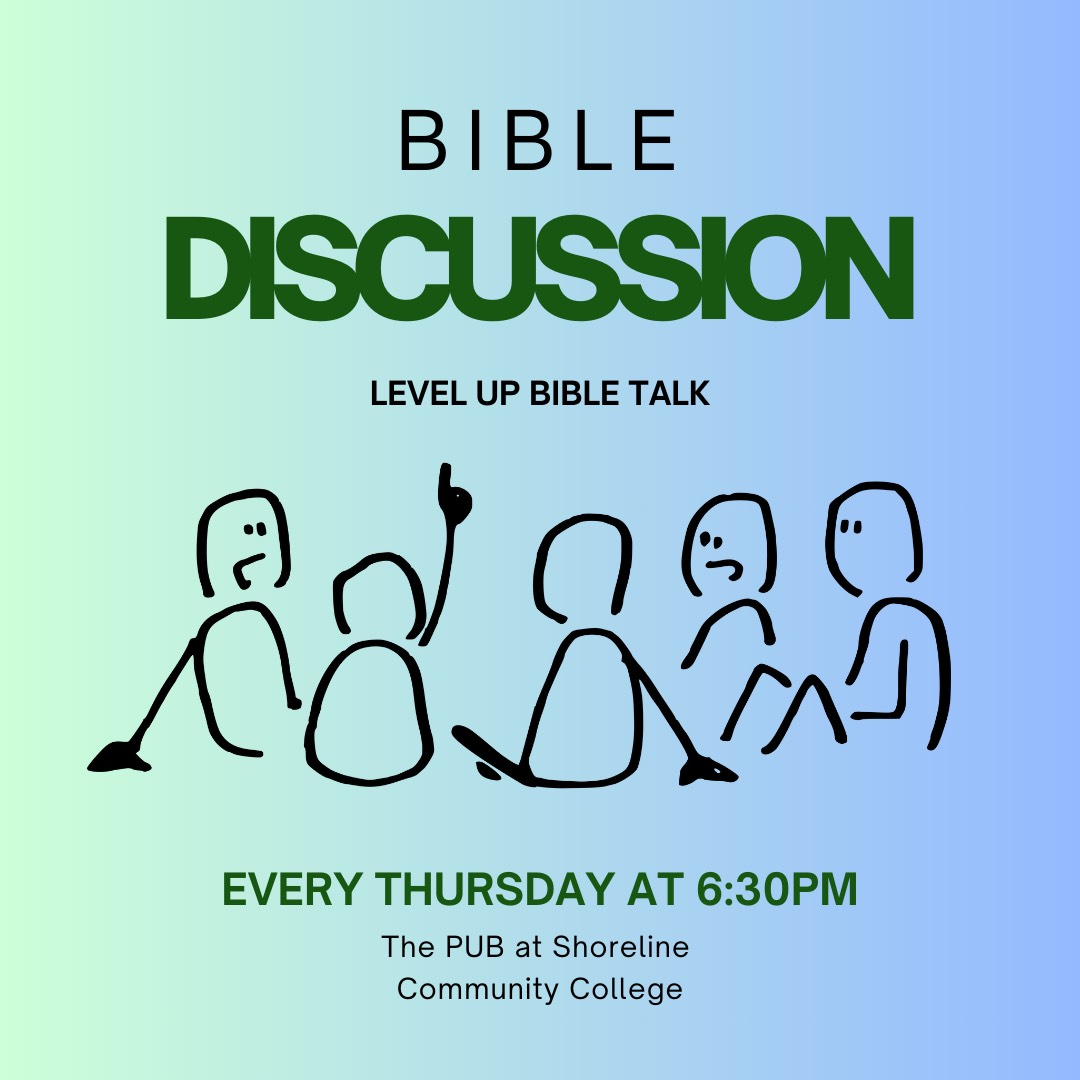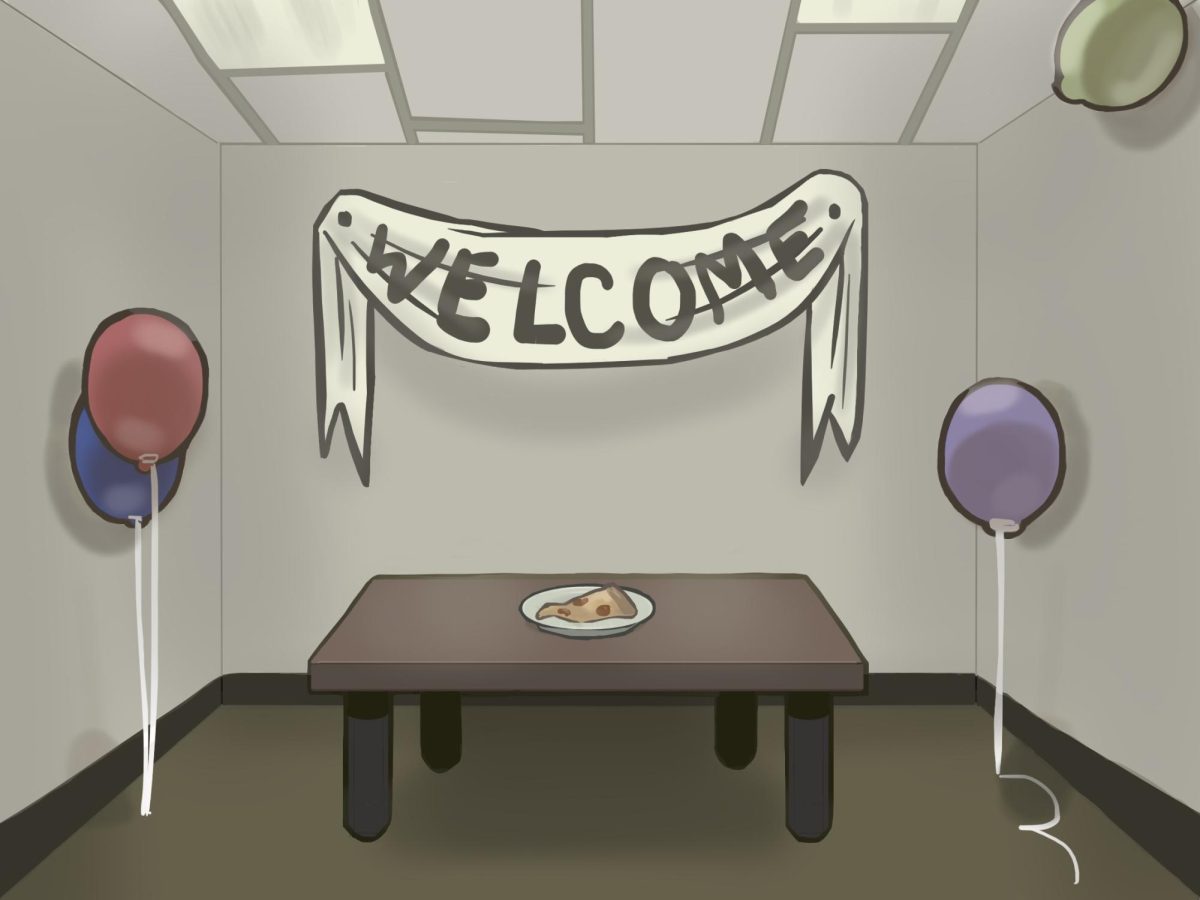Contemporary Cheating with ChatGPT
How SCC students cheat in the modern age
February 17, 2023
The artificial intelligence program ChatGPT recently took the internet by storm with its ability to generate song lyrics, stories, computer code, emails and assignments for school. The chatbot was released in November of 2022 by OpenAI, leading the chatbot to gain a million users within the first five days of its release.
ChatGPT is quickly imprinting itself upon the zeitgeist, promising to change the way we communicate, work and learn. Teachers across all levels of education are now faced with the difficult question of whether to ban AI programs like ChatGPT.
The Seattle School District has already banned ChatGPT on school devices, and the University of Washington has released a guide for their faculty on ways to coexist with the chatbot. However, ChatGPT remains fairly off the radar for SCC, at least for the moment. “We have not had any type of college-wide discussions about ChatGPT,” SCC President Jack Khan said.
Future actions SCC could take include equipping instructors with GPTZero, an AI tool developed to detect ChatGPT, banning ChatGPT on campus Wi-Fi and updating the student conduct page to reflect ChatGPT’s plagiaristic nature. “I have not seen any explicit recommendations coming through our technology side,” Jack Khan said when asked if ChatGPT had a campus Wi-Fi ban in the future.
While college faculty may not be hip to this emerging technology, SCC students have already been using ChatGPT for a while. A student who wished to remain anonymous admits, “Yeah, I’ve been using it for months. Mostly essays or if I do some basic research I can use it.”
Another student who also preferred anonymity, adds “I mostly use it for discussion questions. I don’t use it for essays because ChatGPT is not perfect; it has some pros and cons.” ChatGPT seems to have a niche for shorter assignments like discussion posts rather than long essays, as the more words it processes, the more chances it has to make a grammatical or contextual mistake. “It can give you quick answers for everything you ask, but it can’t write a personal essay and it can’t represent your ideas or points.”
If ChatGPT can correctly write college-level assignments a few months following its initial release, the chatbot seems destined to master more complex tasks and the nuance of language. Philosophy professor William Lindenmuth believes AI, like ChatGPT, is just the beginning of a possibly darker and more complicated future. “I don’t want it to take away from the human condition. We need encouragement to spend more time with one another and be real with one another.”
Whether it slowly strips away our humanity or simply becomes an ordinary internet tool, Mr. Lindenmuth believes it is definitely plagiarism in his classroom. This reflects what President Jack Khan’s final thoughts were on the subject. “The use of any technology, in the classroom or not, is always in the purview of the faculty.”
If you’re wondering, currently, there is no mention of ChatGPT or other AI programs in the Student Conduct Policy. Cheating includes any attempt to give or obtain unauthorized assistance relating to the completion of an academic assignment. Time will tell if professors are left to individually decide upon use of the chatbot or if SCC will update their Student Conduct Policy.






